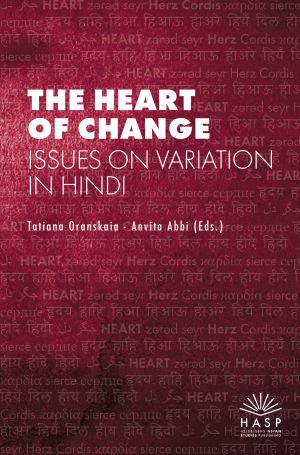How to Cite
License (Chapter)

This work is licensed under a Creative Commons Attribution-ShareAlike 4.0 International License.
Identifiers (Book)
Published
Attitude Towards Learning Hindi in Singapore Universities
A Study
Hindi is taught as a foreign language in two Singaporean universities. This reflects the interest in India and South Asia, which has increased in universities and the academic world over the last two-three decades. This interest has stemmed from India’s growth especially in the rise of the purchasing power of her growing middle class. There are also various untouched opportunities in India. In Singapore, the students who take Hindi are diverse. Some students are second/third generations Indians. Native Singaporean ethnic Chinese and Malays also do take up the course. The motivation for doing so range from a desire to understand Bollywood films without subtitles to gaining a marketable skill set.
This paper seeks to explain this phenomenon by understanding the broad mechanisms and reasons behind the uptake of Hindi as a subject. The variation amongst students in terms of linguistic cultural differences is analysed as a variable infuencing their motivation to read Hindi. Both primary and secondary data are utilized in doing so ranging from existing literature reviews to interviews and surveys.
Keywords Indian diaspora, Hindi teaching in foreign countries, Hindi learning, culture, script









